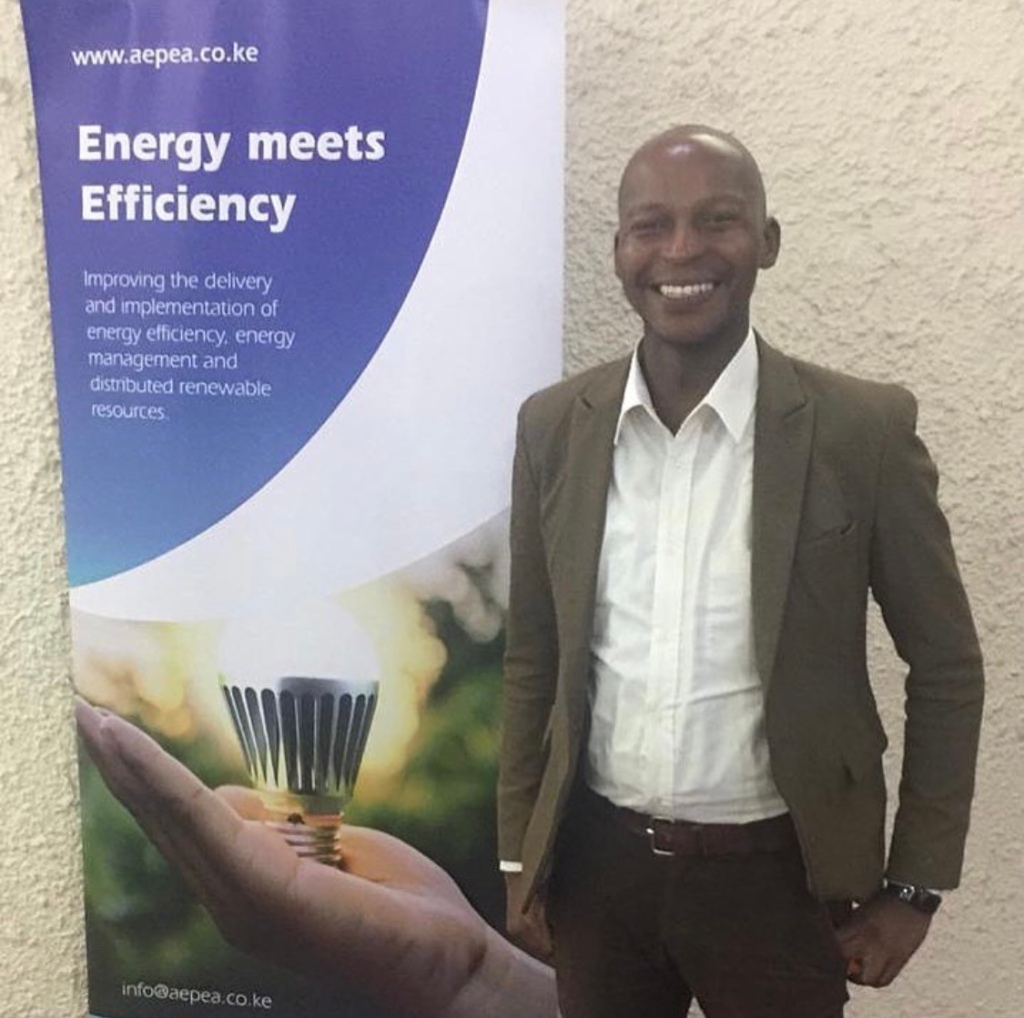By 2024 an anticipated 83 billion connected devices and sensors will be creating large, diverse datasets on a wide range of topics, such as air quality, energy consumption, geospatial data and traffic patterns. Digital tools can further help combine and analyse this data to provide information and insights that can underpin more effective and sustainable policy making and urban planning, and create benefits for our people in Africa.
Digital technologies are powerful tools for improving the sustainability and resilience of energy systems. Integrating smart digital solutions into energy systems can provide a wide range of benefits, including enhanced energy efficiency. In buildings, for instance, digitalisation enables the analysis of data from various sources (e.g. heating, ventilation, air conditioning, motion sensors,weather) to create real-time insights and forecasts that can be used to optimise energy use while maximising comfort. Digitalisation can also contribute to electricity system efficiency by allowing a network operator to manage smart appliances, for example by briefly pausing or cycling down their operation to help balance the network.
Energy efficiency is a no-regret option to cost-effectively achieve multiple benefits.Energy efficiency through digitalisation is especially powerful in a dense urban Context within our African cities. The density of activity in these cities creates economies of scale and scope with a high potential for actions that together have a significant impact. By increasing the connectivity of buildings, appliances, equipment and transport systems,digitalisation will provide a wealth of opportunities beyond those possible when urban energy end uses remain disconnected. It can reduce resource demand and improve flexibility to respond to changes in the system in real time.
Energy efficiency investments can improve the cost-efficiency of transmission and distribution networks and help reduce the demand strain on distributed renewable resources, such as rooftop solar panels. Digitalisation is also having and will continue to have a far-reaching impact on employment, including shifts in job categories and skills requirements. While there is a risk that digitalisation could worsen divides between social groups and between the formal and informal economy, in combination with the right policies digitalisation can instead be a leveller and improve access to services and opportunities for all groups. Moreover, digital financial tools can facilitate wider access to services, enable businesses to become more robust and grow, and promote the shift to formal economic activity.
Many African cities are expanding to accommodate growing populations, especially in emerging economies, requiring the extension of energy services to new consumers. This is creating significant acceleration in energy demand growth, especially for cooling. To put this into perspective, by 2040 cooling is expected to account for 30% of peak electricity demand in our 53+ countries within our continent, mostly concentrated in urban areas, up from around 10% today.
By combining efficiency policies, digital solutions and distributed renewables, such as rooftop photovoltaics (PV), a large share of this peak demand can be mitigated. In some cities like Joburg,Nairobi,Cairo, Lagos and other developed economies, energy demand is more stable, but energy consumption patterns are shifting. The electrification of transport and heating, for example, may increase urban electricity demand, while improving urban quality of life, notably air quality.These changes in energy demand coupled with the concentration of energy consumers in one place create additional strain on energy grids, especially at times of peak demand. In cities like Mogadishu with insecure or unreliable energy supply, this can regularly create drops in voltage, restricting consumption. Natural disasters can also cause extensive damage to energy grids, resulting in severe energy supply outages. Digital technologies can help to support energy network security and stability, especially when they improve the resilience and energy efficiency of the system, reducing overall demand and easing the strain at peak times. As countries retire fossil fuel-based energy sources to achieve their net-zero emissions targets, rapid growth in variable renewables and distributed resources will see them replace fossil-based power generation and help to alleviate traditional fuel security concerns. The transition to net-zero emissions will require a broad portfolio of policy, regulatory, technological and behavioural solutions.
I personally think all our cities in Africa have a new role to play in this transition. As load centres in the power system, they used to almost exclusively consume power generated outside their urban areas. Today, with the rapid deployment of distributed energy resources, cities can meet part of their consumption themselves. They can support the integration of renewable energy both at local and national scale by providing flexibility.
Digital solutions allow urban clean energy transitions to be accelerated and scaled up, thereby speeding progress toward the UN Sustainable Development Goals (SDGs). Digital technologies can simultaneously contribute to SDG11,Sustainable Cities and Communities, and to all three sub-targets of SDG7,Affordable and Clean Energy, as well as contributing to a range of other SDGs.
Edited and Compiled by: Samwel Kariuki
Date: 25th April 2022
**Happy birthday to legends born on this date**
